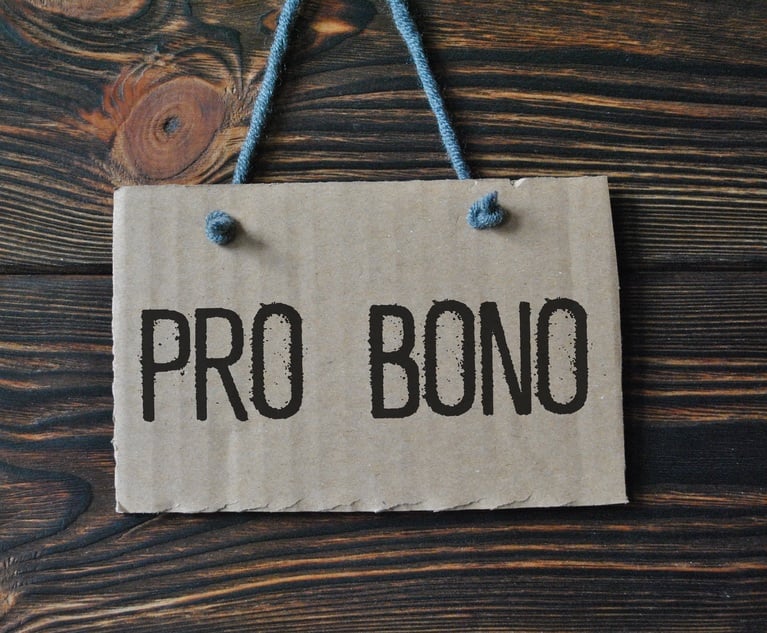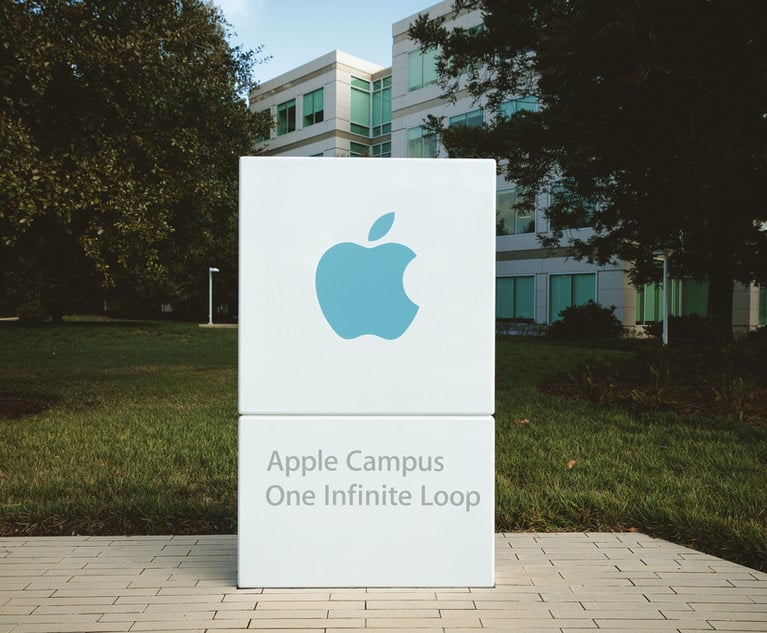In Taylor v. City of Saginaw, the Sixth Circuit held that the common parking enforcement practice known as “chalking” was unconstitutional and required a search warrant to be effectuated. It remanded the matter to the district court where the plaintiff was seeking a class action to obtain refunds for other “chalkees.”
Saginaw parking enforcement officers chalked the tires of parked vehicles to determine how long they had been parked; the area did not have parking meters to enforce time limits. A citation was then issued if the officer returned after the posted time for parking had passed and the incriminating chalk mark was still present, indicating the vehicle had not moved and over-utilized the allotted time. Alison Taylor had received 15 such parking tickets for exceeding the two-hour limit from the same officer, with an initial fine of $15. She sued the city and the officer, under 42 U.S.C. §, 1983, claiming that the chalking violated her Fourth Amendment right of freedom from unreasonable search because she had not consented and the city had not obtained a valid search warrant. The district court granted the city’s motion, finding that although there was a search, it was reasonable because there is a lesser expectation of privacy in automobiles and the search was subject to the community caretaker exception. The Sixth Circuit, however, found this procedure was a regulatory exercise as opposed to a community-caretaking function, and reversed.


 Maksim Kabakou – Fotolia
Maksim Kabakou – Fotolia




